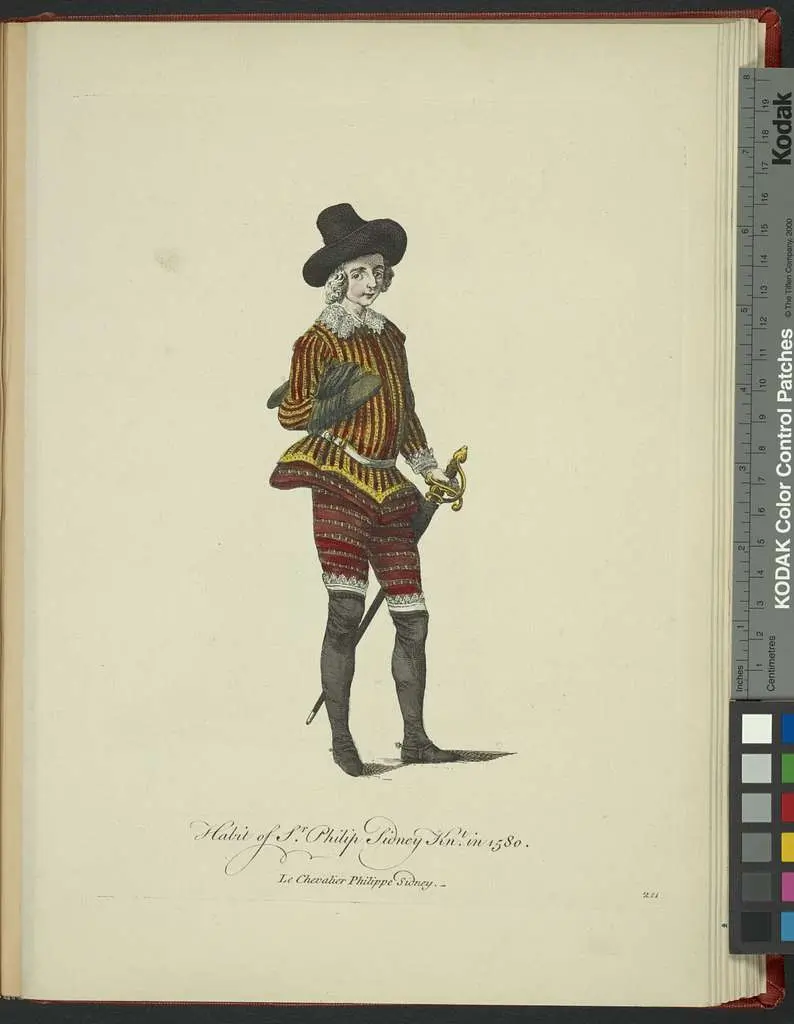Highlights: Sir Philip Sidney Criticism
- Sir Philip Sidney : A multifaceted genius of the Renaissance.
- “Apologie for Poetrie”: A foundational text in literary criticism.
- Sidney’s unique perspective on poetry and its transcendence of nature.
- Defending poetry’s moral and educational roles.
Introduction to Sir Philip Sidney
Sir Philip Sidney (1554–1586), a distinguished figure of the Renaissance era, was a true polymath. Born into an aristocratic family, he was not only a gifted poet and writer but also an esteemed statesman and soldier. His life and work reflect the rich cultural and intellectual milieu of the Elizabethan age. Sidney’s premature death at 32, due to a war wound, cut short a life of significant influence and potential.
The Legacy of “Apologie for Poetrie”
Sidney’s “Apologie for Poetrie,” written between 1580 and 1581, stands as a seminal text in the field of literary criticism. Far from being merely a defense of poetry, it synthesized the Renaissance literary thought, drawing on the works of Aristotle, Horace, and other contemporary scholars. Sidney’s work was a direct response to Puritan minister Stephen Gosson’s “The School of Abuse,” which attacked poetry and courtly pleasure. Sidney’s treatise argued that poetry was not only a noble and virtuous endeavor but also an essential part of aristocratic culture.
Sidney’s Philosophy of Poetry
A remarkable aspect of Sidney’s criticism is his view of poetry as transcending the natural world. He posited that unlike other arts, which are confined by the laws of nature, poetry is boundless, free to create worlds that are superior to the natural one. This perspective elevates the poet to a status akin to a creator, akin to the divine, reflecting man’s unique capability for creative expression. Sidney’s notion of poetry as a ‘divine breath’ highlights its role in elevating human thought and experience.
Poetry as a Moral and Educational Tool
Sidney passionately argued for the moral and educational functions of poetry. He saw it as a powerful medium that could effectively communicate virtues and vices, combining the general philosophical insights with specific, relatable examples. This ability made poetry a superior tool for imparting moral lessons compared to the more abstract philosophy or the factually constrained discipline of history. Sidney’s vision of poetry was one that could enlighten and inspire, making it a critical vehicle for societal and individual improvement.
Confronting the Critics: Sidney’s Defense of Poetry
In addressing the various criticisms against poetry, Sidney’s logic was robust and thoughtful. He countered claims that poetry was less fruitful than other forms of knowledge, arguing that poetry polished the gifts of speech and reason, making it a vital source of knowledge and virtue. In response to the accusation that poetry was the “mother of lies,” Sidney argued that poets did not assert truths or falsehoods but presented allegories and metaphors to convey deeper truths.
The Enduring Influence of Sir Philip Sidney Criticism
Sidney’s “Apologie for Poetrie” left a lasting impact on literary criticism and the perception of poetry. His defense of poetry against Puritanical criticism and his elevation of the art form to a status rivaling that of theology and philosophy marked a significant shift in the cultural landscape of the time. Sidney’s arguments emphasized the transformative power of poetry in society, not just as a source of entertainment but as a crucial medium for moral and intellectual development.
Sir Philip Sidney’s contributions to literature and criticism remain profoundly influential. His insights into the nature and purpose of poetry challenge us to reconsider the role of the arts in society. As we continue to explore the rich tapestry of Renaissance literature, Sidney’s work stands as a beacon, reminding us of the power of creative expression to shape, reflect, and elevate the human experience.








